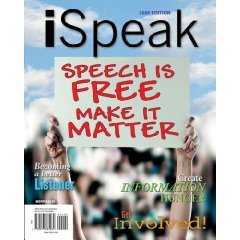SFG75
Well-Known Member
What scholarly or academic textbook are you reading? I suppose this could fall into the general category of non-fiction, though if you were to post there, the chances of other students/life long learners finding what you posted would not be too great. As for me, I'm reading The Rise of American Democracy, Vol.1 by Princeton historian Sean Wilentz. The foppish Federalists and their disdain for the working man has always been an interest of mine. Gotta love Jefferson's philosophy of state's rights and the whole nobility of the yeoman farmer thing.
So, what scholarly book or text are you reading?
So, what scholarly book or text are you reading?




